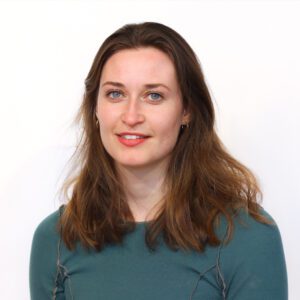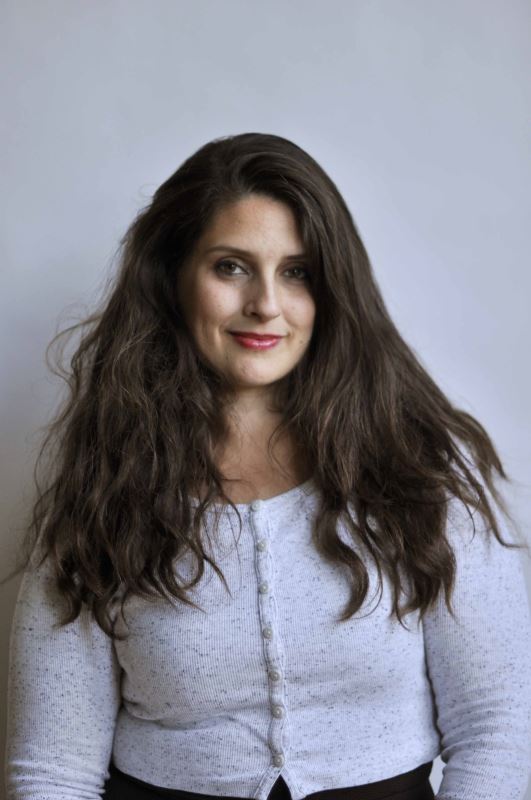


All eyes are on Europe, but how does the world see us? Apart from a mosaic of culture, in what way could Europe represent itself? Does unity require aesthetics and if so: can we stay away from propaganda?
Other than the countries that are part of it, Europe lacks a clear image and story. Is this an obstacle in strenghtening its voice in the world or striving for a sense of unity?
Tonight, we will discuss the current image of Europe, its geopolitical relevance and the aesthetics and emotions needed to influence it.
About the speakers
Ian Buruma (the Netherlands, 1951) is a Dutch author and journalist. He has written about democracy in crisis, the aftermath of World War II and stereotypes about the Western world.
Rem Koolhaas (the Netherlands, 1944) is a globally acclaimed Dutch architect, known for his innovative and daring designs. He chairs the influential architecture bureau OMA/AMO. Since 2001, he has been realisig multiple projects about the representation of Europe, among which ‘Eurolab’ (2018).
Flavia Kleiner (Switzerland, 1990) is a historian and political activist who co-founded ‘Operation Libero’, known for its campaigning that has defeated the nationalist and populist agenda of the Swiss People’s Party in several referenda. She is a member of the European Council on Foreign Relations (ECFR).
Emmanuel Tibloux (France, 1966) is the director of the École nationale supérieure des Arts Décoratifs in Paris and co-founder of EuroFabrique.
Alice Twemlow (UK, 1973) is a professor at the KABK in The Hague and the University of Amsterdam. Her work is at the intersection of design history, environmental humanities, literary studies and artistic research. She represents the Netherlands in the Theme Advisory Group for Redesign of Euros, 2021-2024, facilitated by the European Central Bank.
Luuk van Middelaar (the Netherlands, 1973) is a political philosopher, historian and professor of EU Law at Leiden University. He writes columns for NRC Handelsblad on Europe and geopolitics.
Participants






You may also like

Eurovision 2022: Who gets douze points, and why?

Premiere: Millennial History
